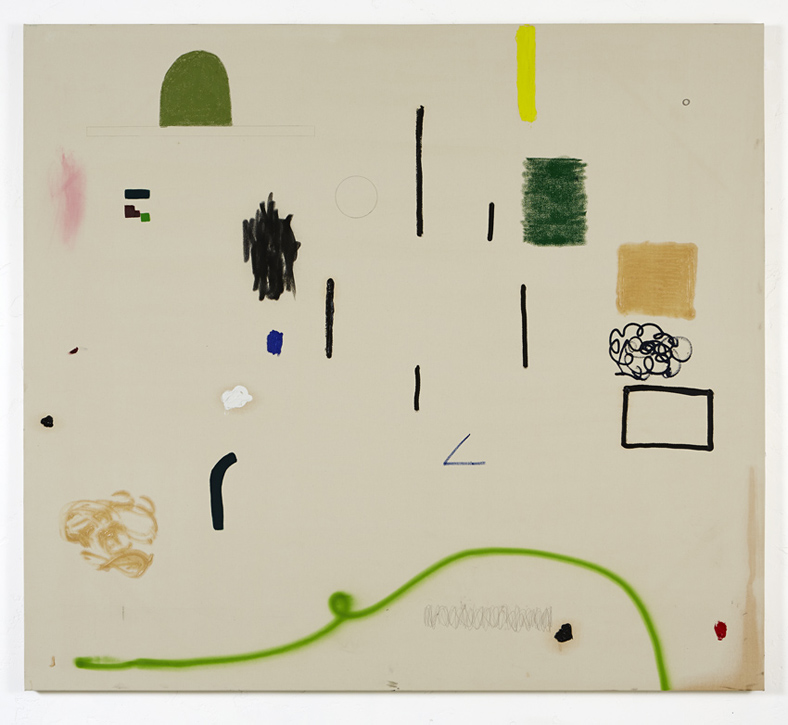A tour of Anne-Claire and John's sweet '60s split-level just outside of D.C.
On repeat
Quoted
"In the realm of aesthetics, reason is almost always subordinate to perception."
—Leonard Koren, Wabi-Sabi for Artists, Designers, Poets & Philosophers
Eames' "Powers of Ten"
Quoted
"A Dresden doctor relates [an example] of one of his patients, whom he designates as an 'exceptionally sensitive person,' that he could not eat a certain sauce without tasting 'blue,' i.e. without experiencing a feeling of seeing a blue color. It would be possible to suggest, by way of explanation of this, that in highly sensitive people, the way to the soul is so direct and the soul itself so impressionable, that any impression of taste communicates itself immediately to the soul, and thence to the other organs of sense (in this case, the eyes). This would imply an echo or reverberation, such as occurs sometimes in musical instruments which, without being touched, sound in harmony with some other instrument struck at the moment."
And then, a few paragraphs down, this gorgeousness:
"Generally speaking, color is a power which directly influences the soul. Color is the keyboard, the eyes are the hammers, the soul is the piano with many strings. The artist is the hand which plays, touching one key or another, to cause vibrations in the soul."
—Wassily Kandinsky, Concerning the Spiritual in Art, 1914
On repeat
When he says "honeysuckle musk"? Swoon.
This afternoon on N Street
Salivating over these rugs by Alexandra Kehayoglou.
Quoted
"The world's thy ship and not thy home." —Saint Thérèse of Lisieux
(Drawing by Elle Luna—she's so cool.)
On repeat
Coveted
A poppy woodland getaway. From a series of ads Charles Schridde painted for Motorola in 1961 when they asked him to envision the "house of the future".
On repeat
Feel that?
A still from Daria Martin's film Sensorium Tests, 2012.
Last week for Work Design
A nostalgic piece about boring summer jobs.
Quoted
"If you're designing on a computer, you've got a ready-made image and you don't like this and you don't like that, so you get it altered. And you don't have to do all this handwork. But what you lose and what you miss is, the idea's coming while you're drawing, you've got time to think and one idea will grow out of another." —Marthe Armitage
Wednesday at the Merchandise Mart
These custom Eames lounges grace a common area in the new Motorola Mobility Corporate HQ on the top floor of the Mart.
Last weekend on N Street
A few months ago for Apartment Therapy
A tour of Eileen's elegant and airy townhouse.
Quoted
"As they left the house he realized that instead of seizing the opportunity to explore every nook of it, he sat all afternoon in one room and merely dreamed of what he might have seen in the others. But that was always his way: the least little fragment of fact was enough for him to transform into a palace of dreams, whereas if he tried to grasp more of it at a time it remained on his hands as so much unusable reality." —Edith Wharton, Hudson River Bracketed
On repeat
Recently for Apartment Therapy
A tour of Robin and Jeff's light-filled Georgetown home.














